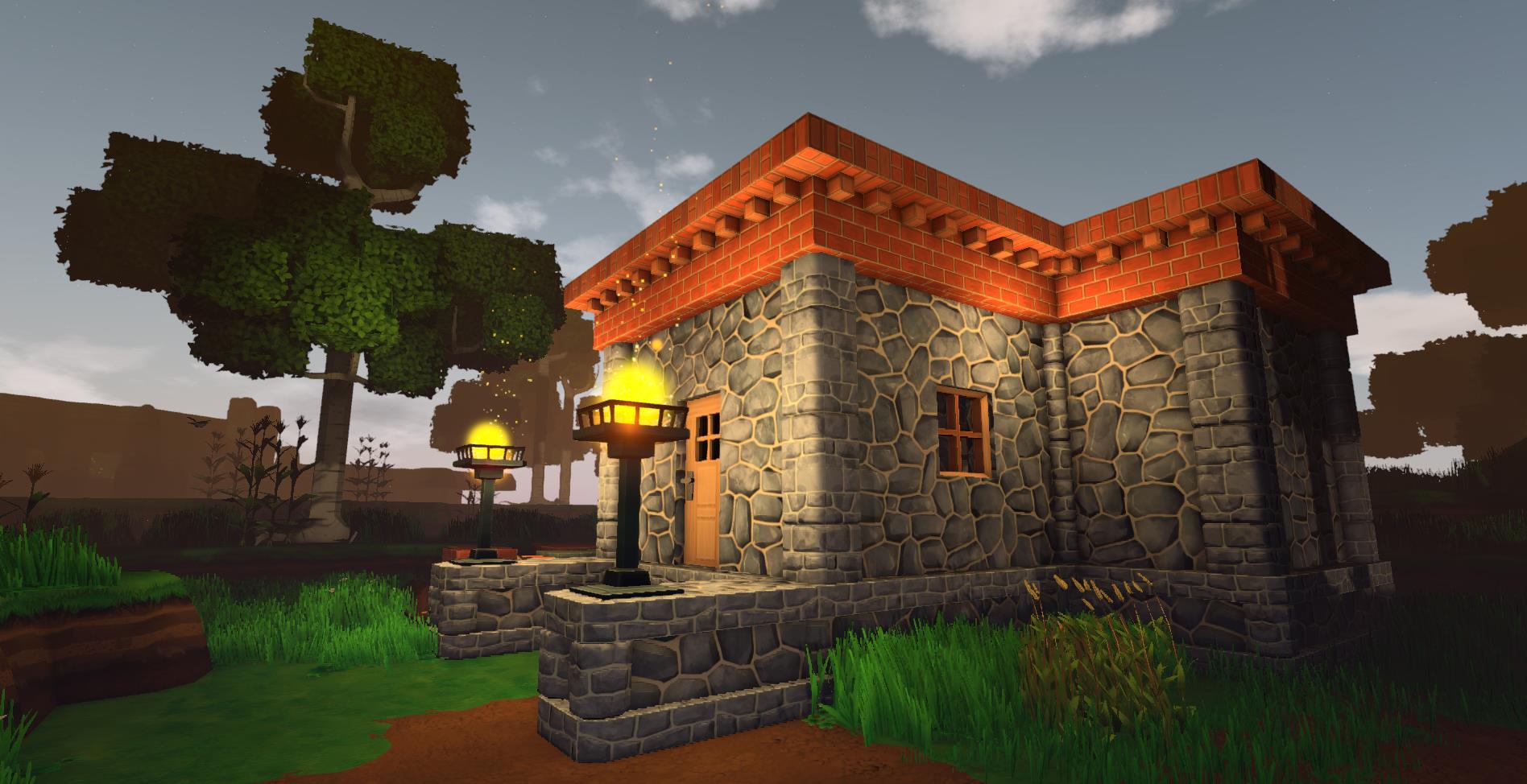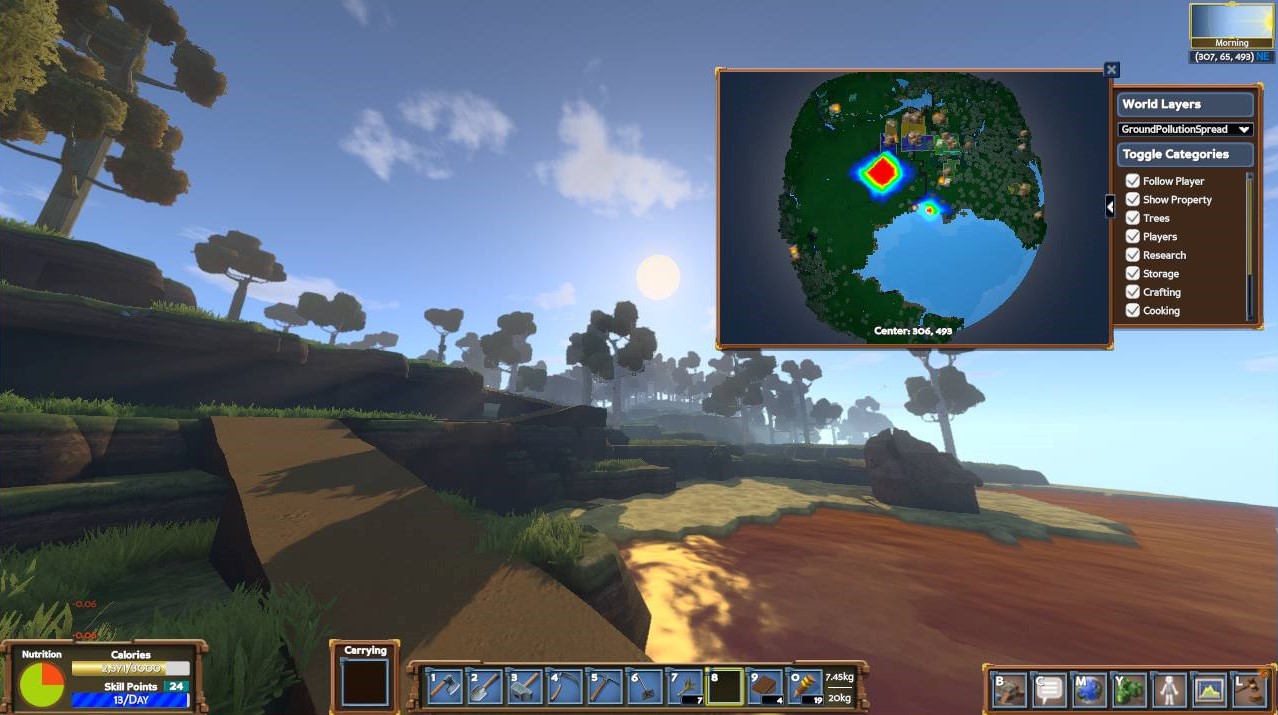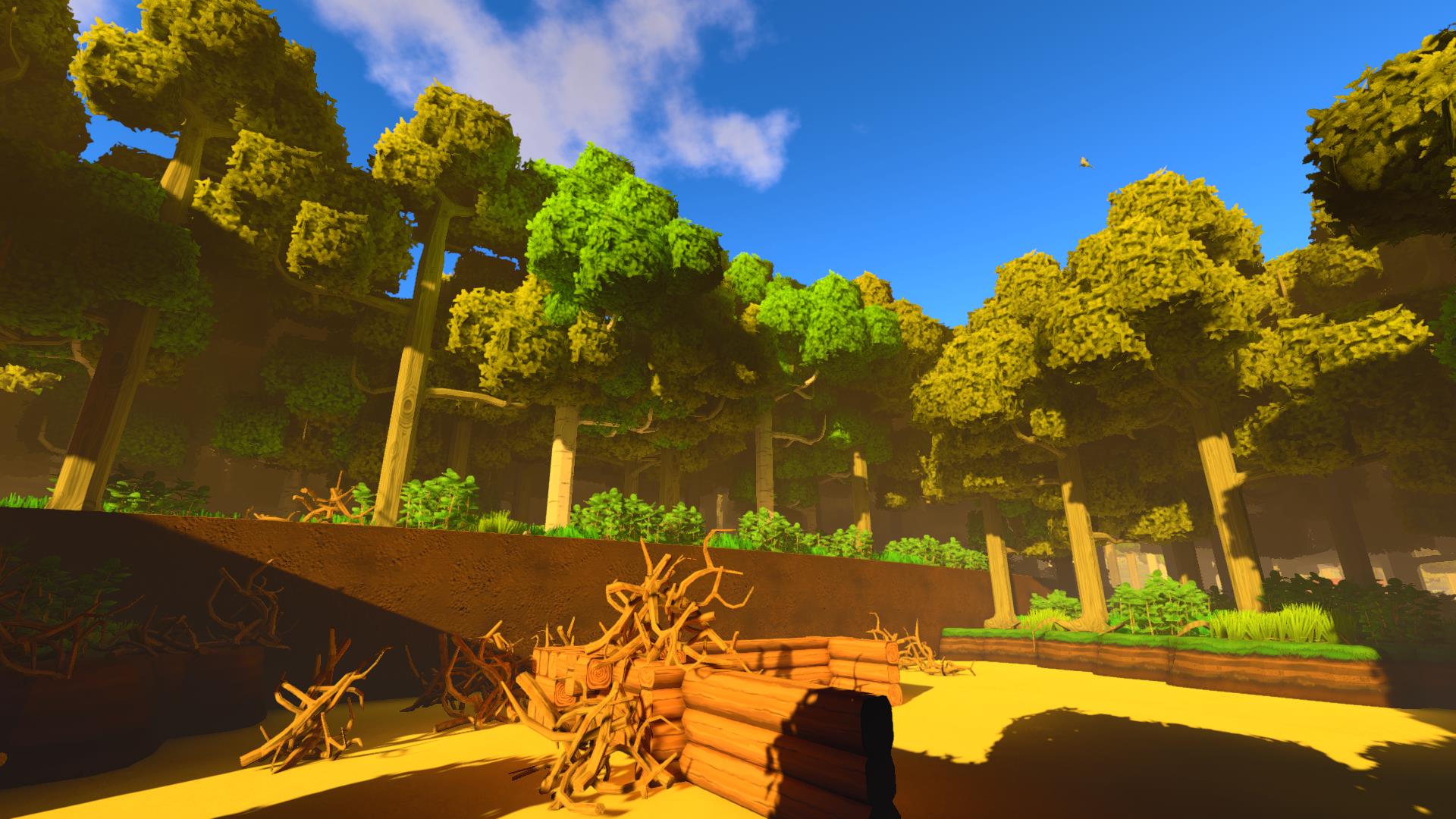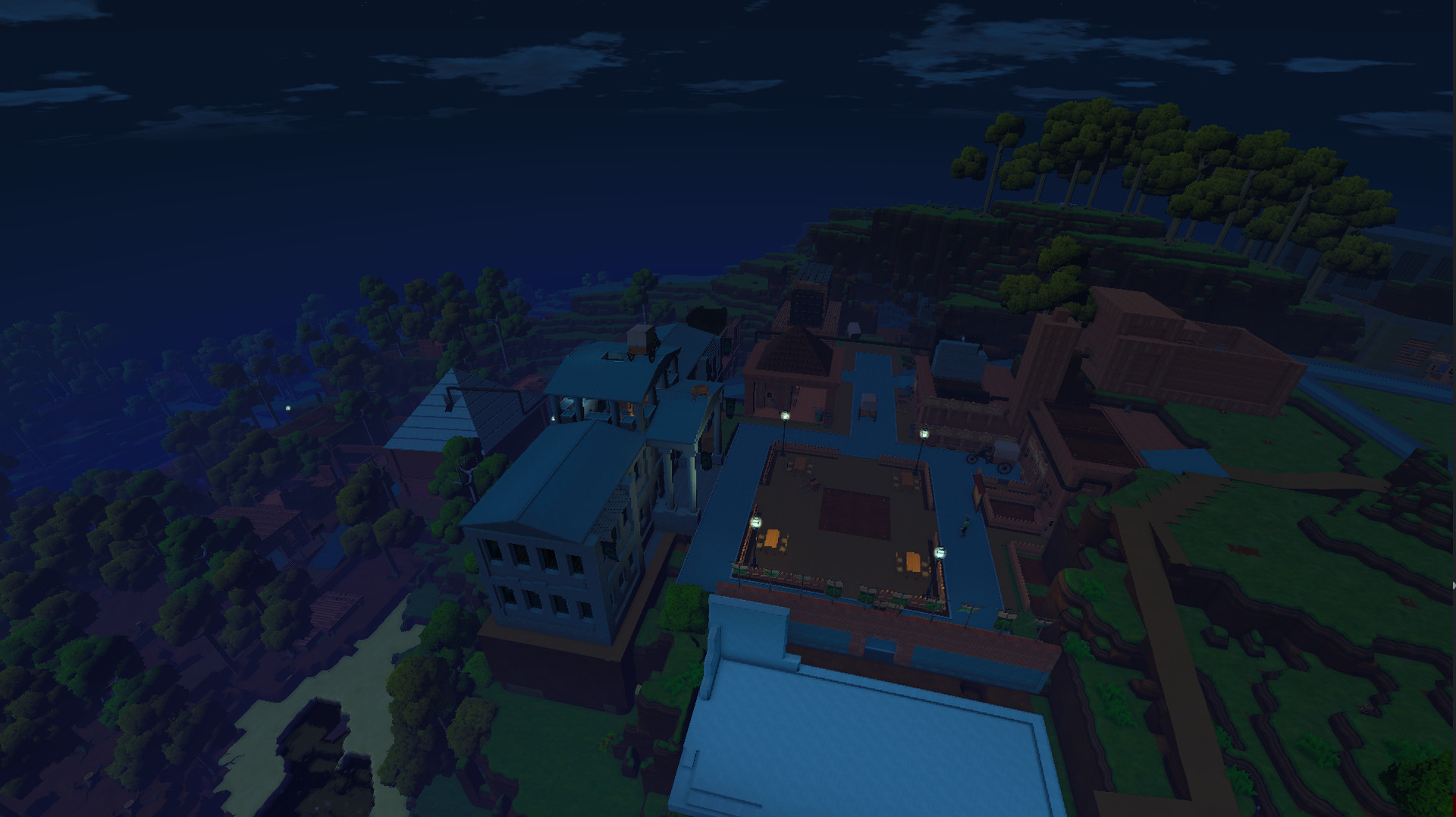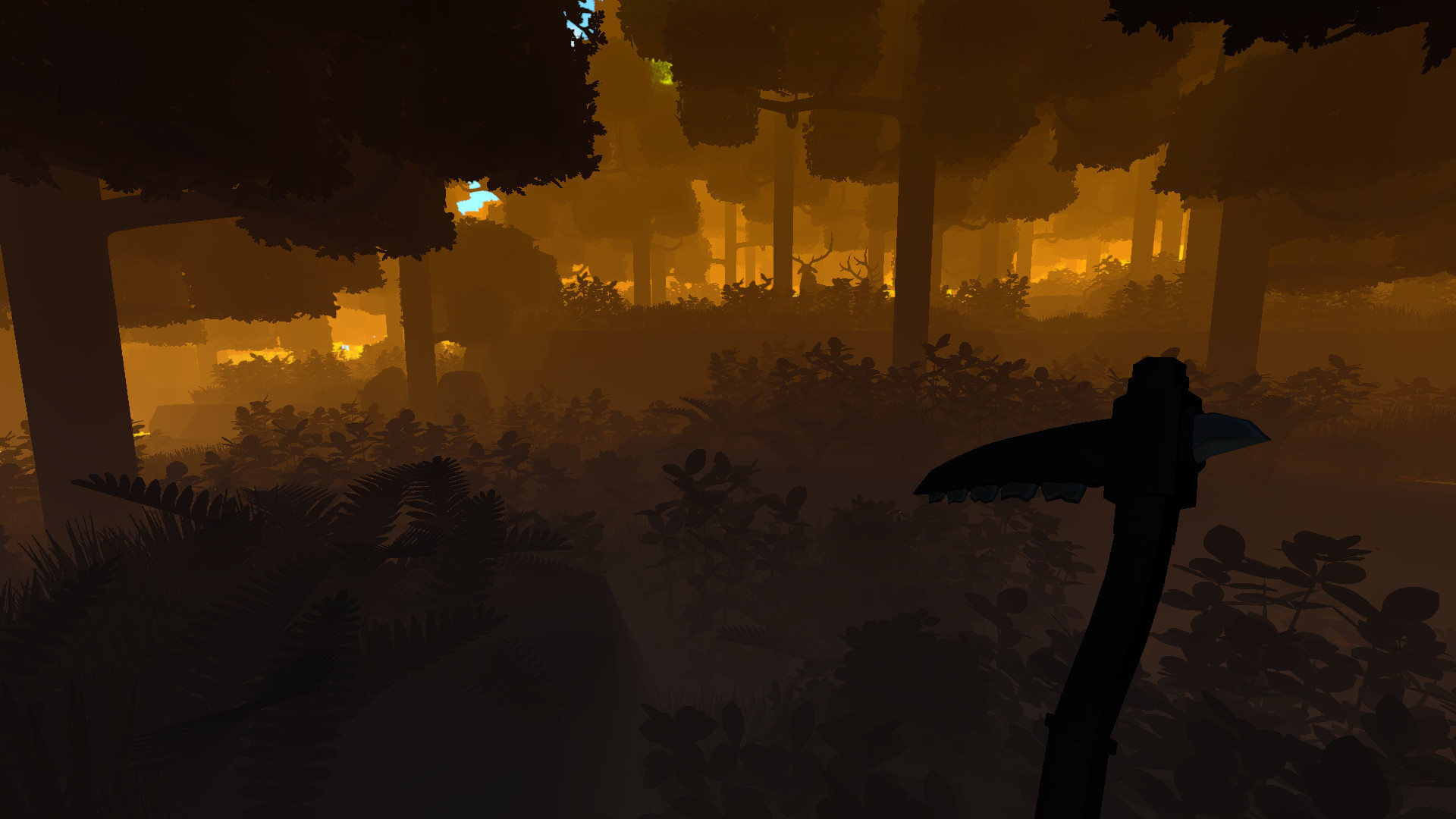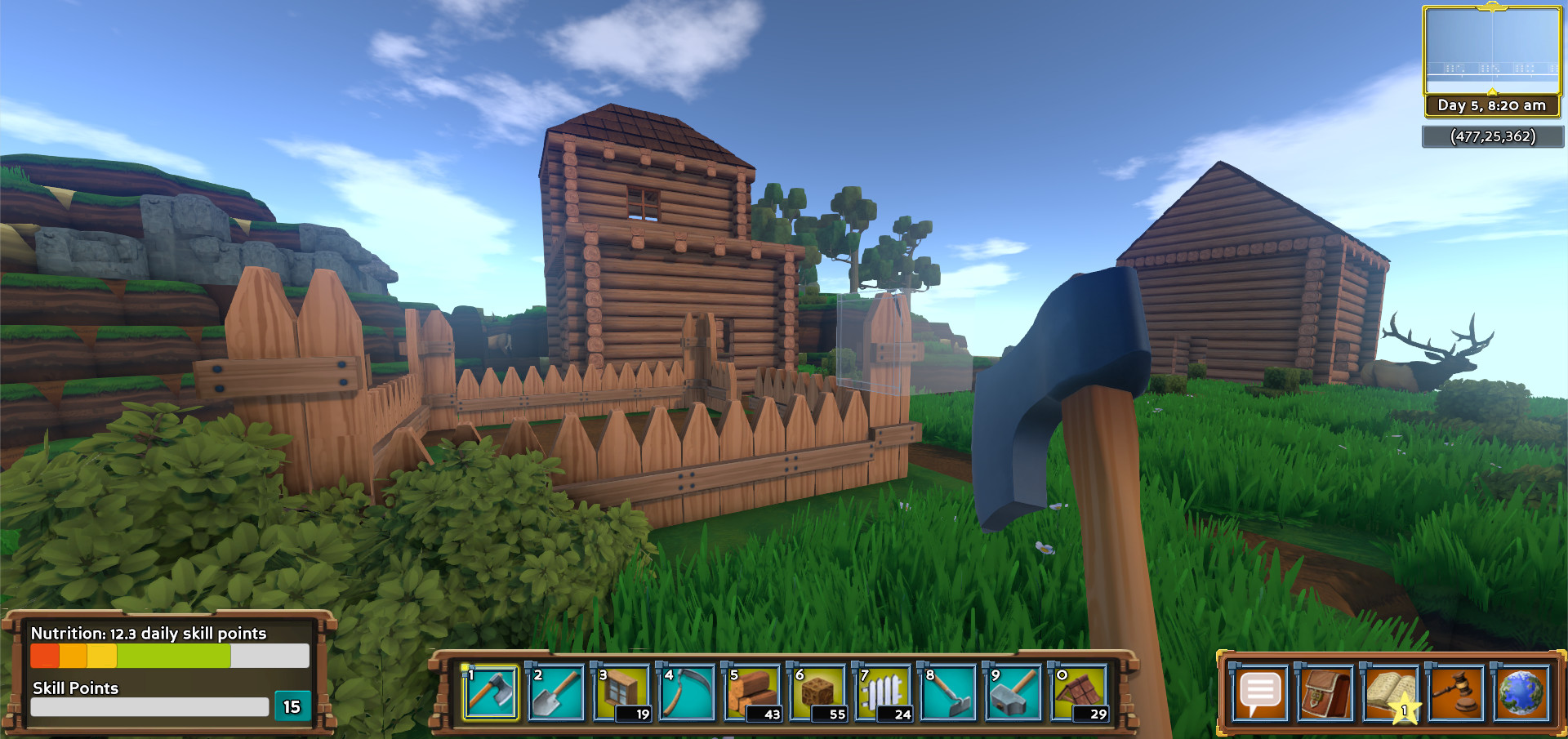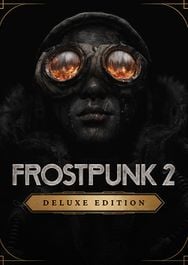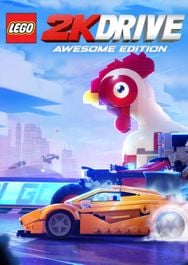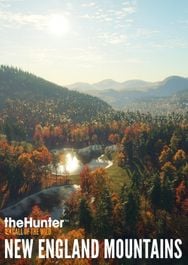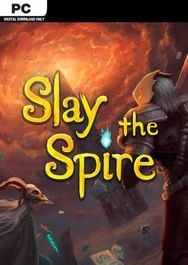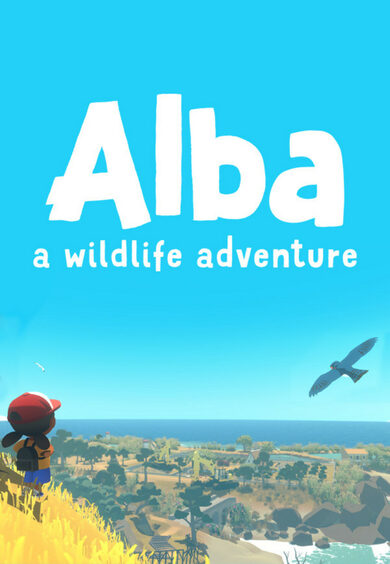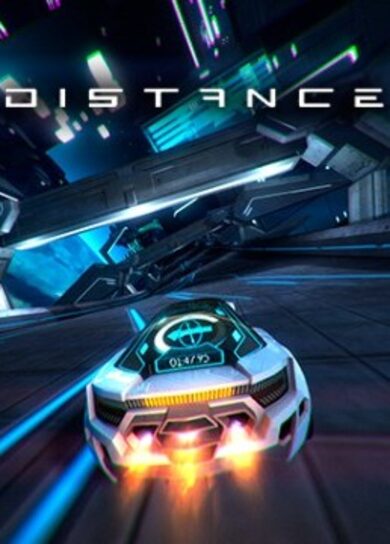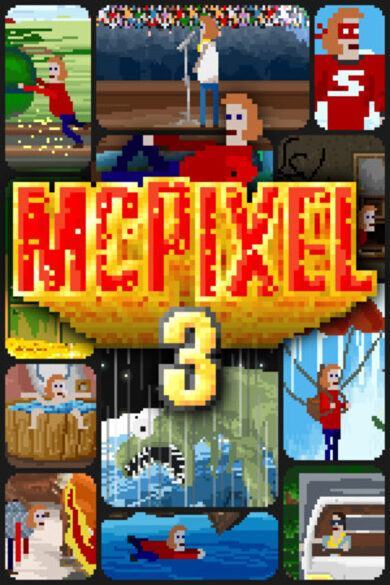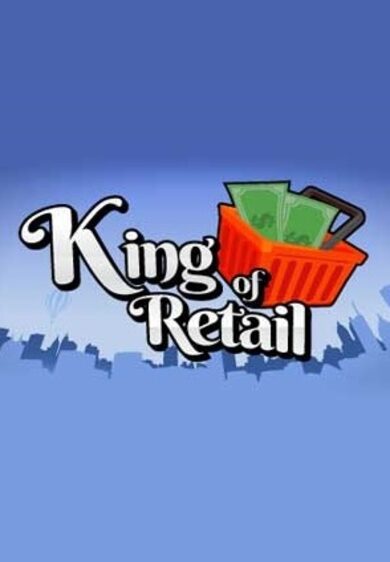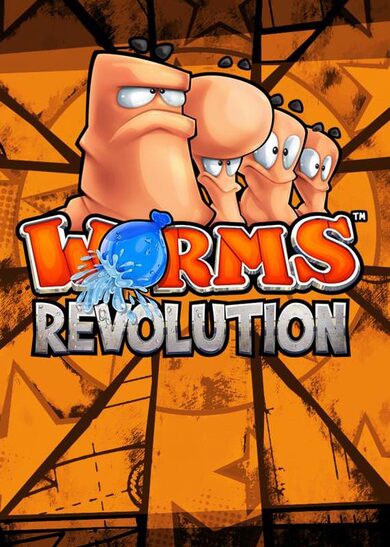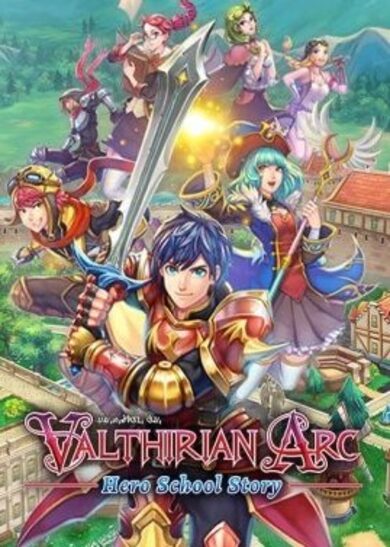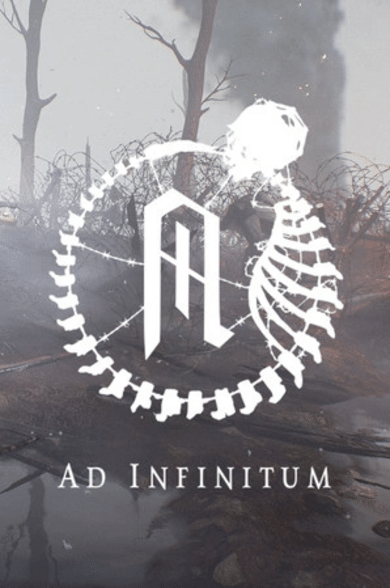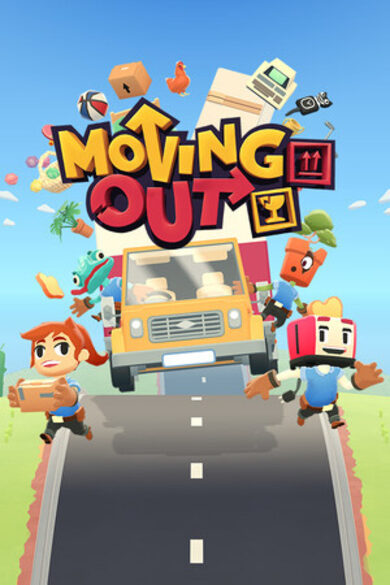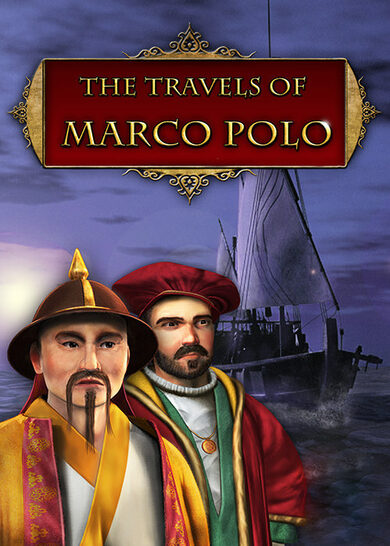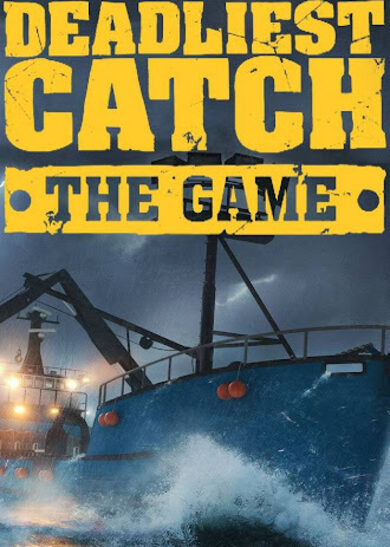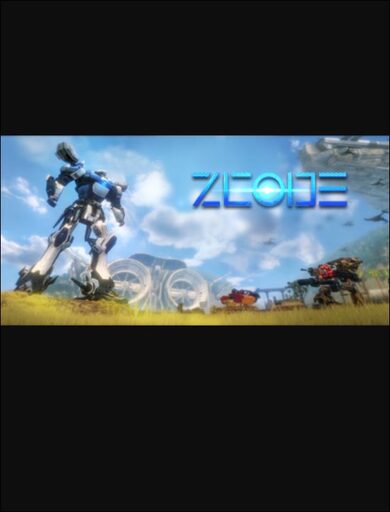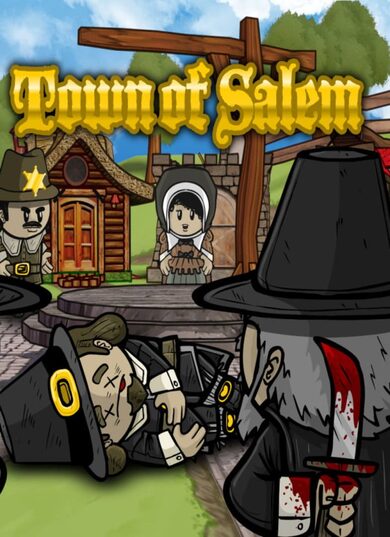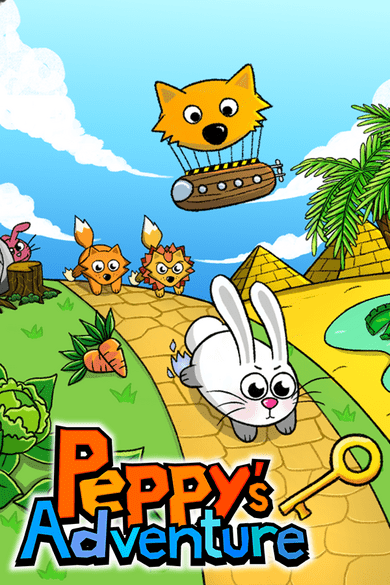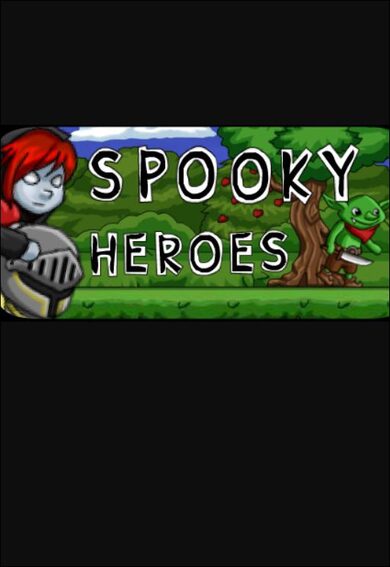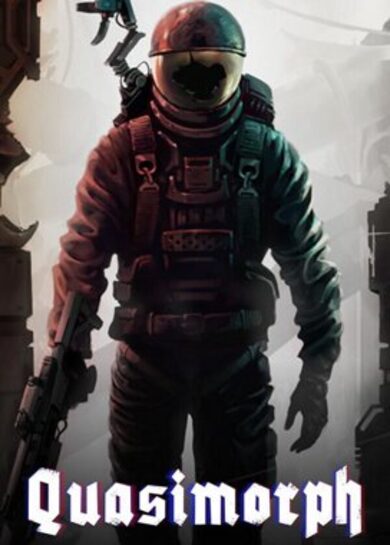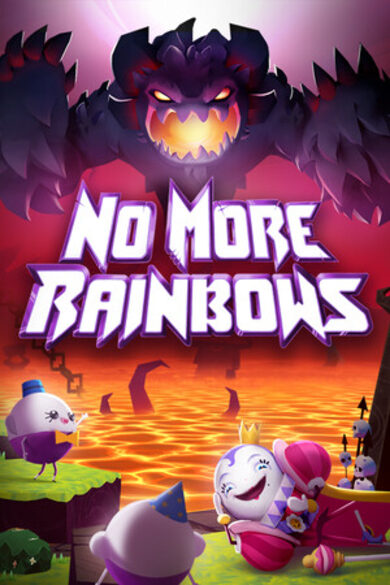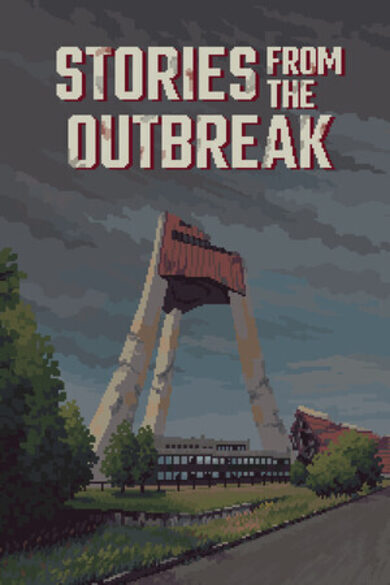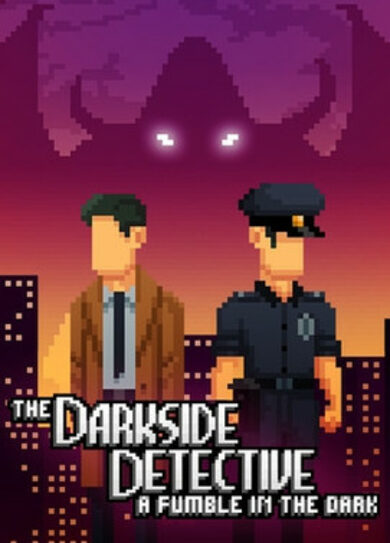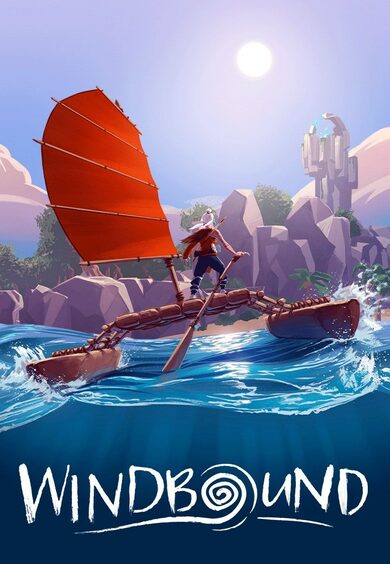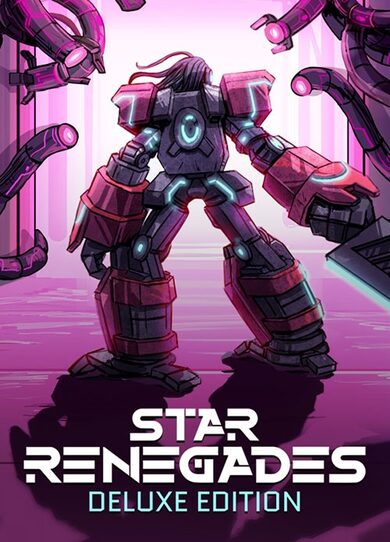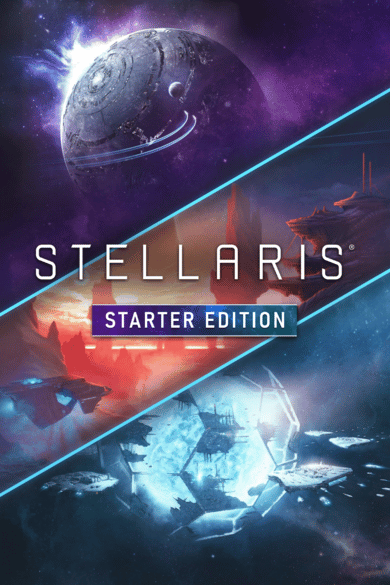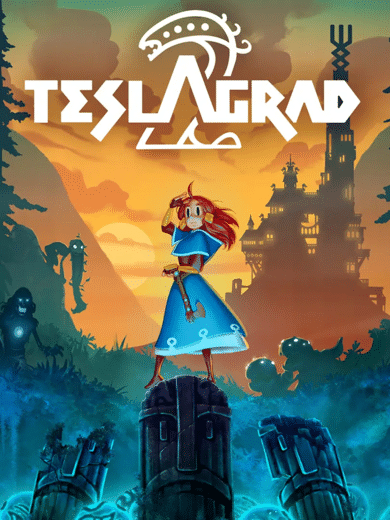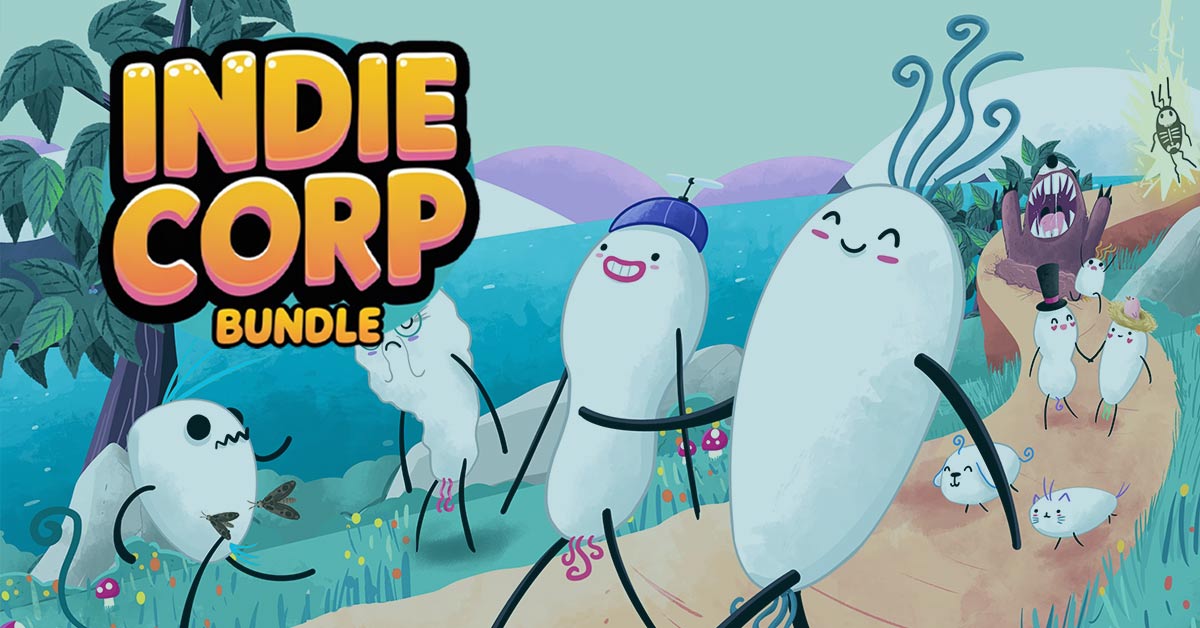Will you and your fellow builders collaborate successfully, creating laws to guide player actions, finding a balance that takes from the ecosystem without damaging it? Or will the world be destroyed by short-sighted choices that pollute the environment in exchange for immediate resource gains? Or, do players act too slowly, and the world is consumed by a disaster that could have been avoided if you developed the right technology? In Eco, you must find a balance as a group if the world is to survive.
A world-survival game
Eco is a survival game in a global sense, where it is not just the individual or group who is threatened, but the world itself. The world of Eco will be home to a population of thousands of simulated plants and animals of dozens of species, each living out their lives on a server running 24 hours a day, growing, feeding and reproducing, with their existence highly dependent on other species.Enter humans into this equation, and things get complicated. It is the role of players to thrive in this environment by using resources from the world to eat, build, discover, learn and invent. However, every resource they take affects the environment it is taken from, and without careful planning and understanding of the ecosystem, lands can become deforested and polluted, habitats destroyed, and species left extinct.
In the extreme, the food supply of the ecosystem can be destroyed, along with all human life on it, resulting in server-wide perma-death. Eco is a game where the player’s actions have meaningful consequences.
- Everything you do affects the ecosystem, and players can destroy their food supply and world (server-wide permadeath)
- Create a player-run government to make decisions as a group, proposing and voting on laws
- Use data gathered from the world to propose and vote on laws as a group. Debate with scientific argumentation.
- Create a player-run economy that allows you to sell not only good but services in the form of server-enforced contracts (simulating a player driven quest system).
- Your food level determines your skill-increase rate, making food very important and tying players directly to the ecosystem from which it comes.
- A game with goals higher than entertainment. We plan to build it for schools as an augmented classroom world students share.
In a previous Eco Peaks update I showed some of the big updates to world generation for geology and mining coming in update 9.0 for Eco. In this post Ill present the very closely related updates to mineral processing and pollution in 9.0. Mining and mineral processing is an essential part of the global economy, since it provides the raw materials for many industries. It also raises many questions about land management, pollution, and waste storage. Tailings ponds and stacks are places where products and byproducts of mineral processing are stored long term, and they are some of the biggest structures humans build in the real world. We are excited to continue updating Eco until we have a satisfying representation of this kind of mass extraction and management of earth resources, and the consequences of their byproducts.
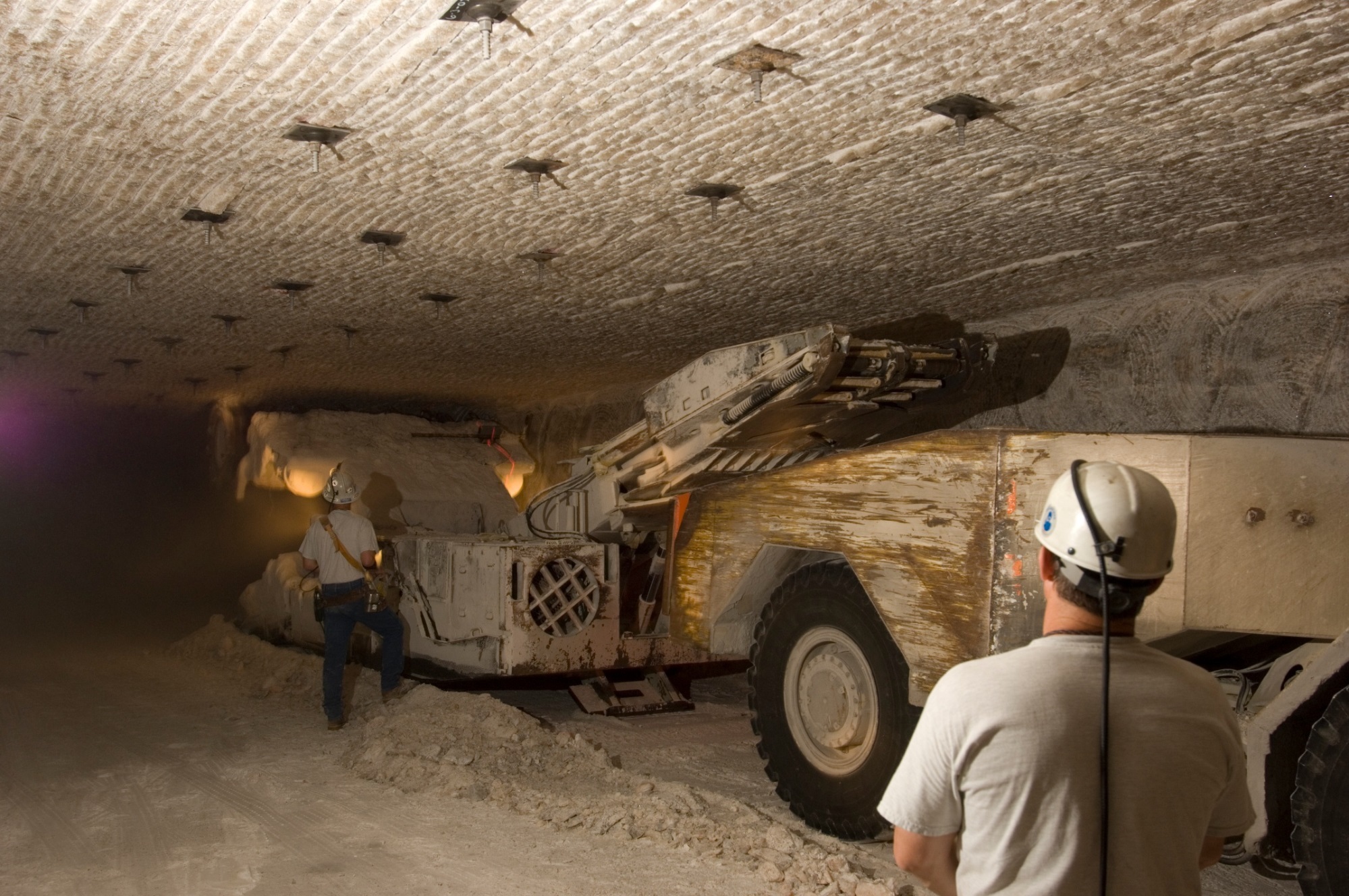
Underground Mining.
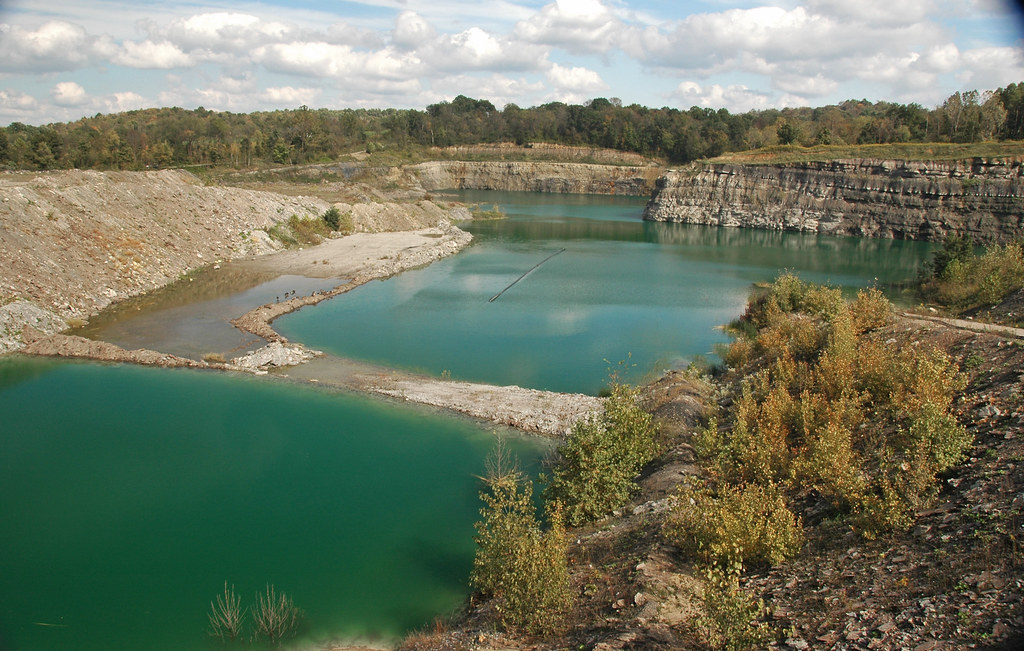
A tailings pond.
Before we go on, he is the overview over our Eco Update 9.0 Blogs so far:[olist]
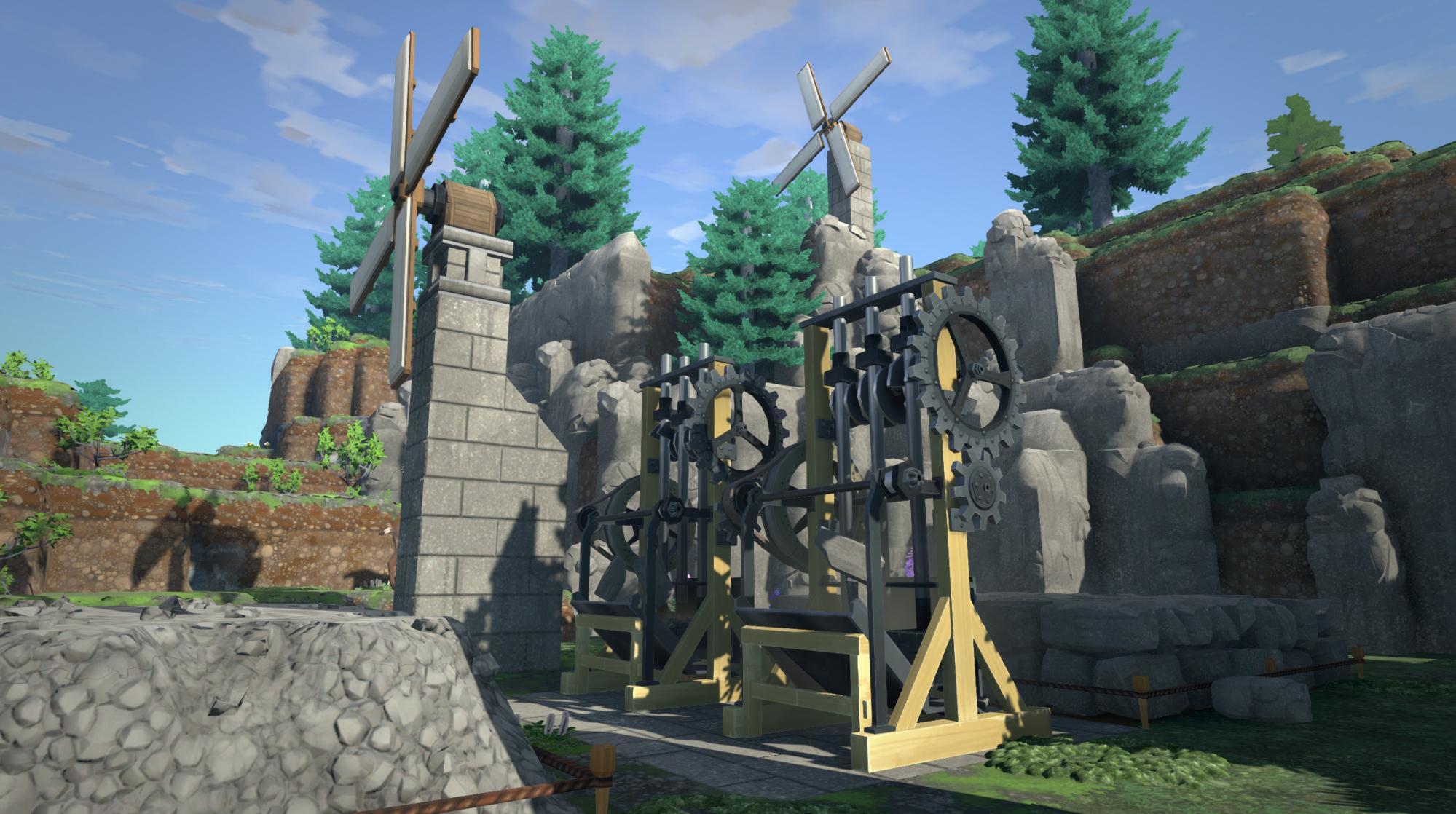
[Stamp Mills] are an early upgrade to the [Arrastra] crusher, allowing more efficient and timely crushing of rock and ore. Here, two of them are going through a stockpile of [Granite] to make [Crushed Granite], harnessing the power of the nearby [Windmills].
The biggest change from previous versions of Eco is that now to process mined ore, players must first crush and then concentrate ore to get metal concentrates which can be smelted. There is a new suite of world objects which can be used to accomplish these parts of mineral processing. Beginning with Iron Ore from a mine, here is the new layout of machines, products, and byproducts for initial early game mineral processing in 9.0:
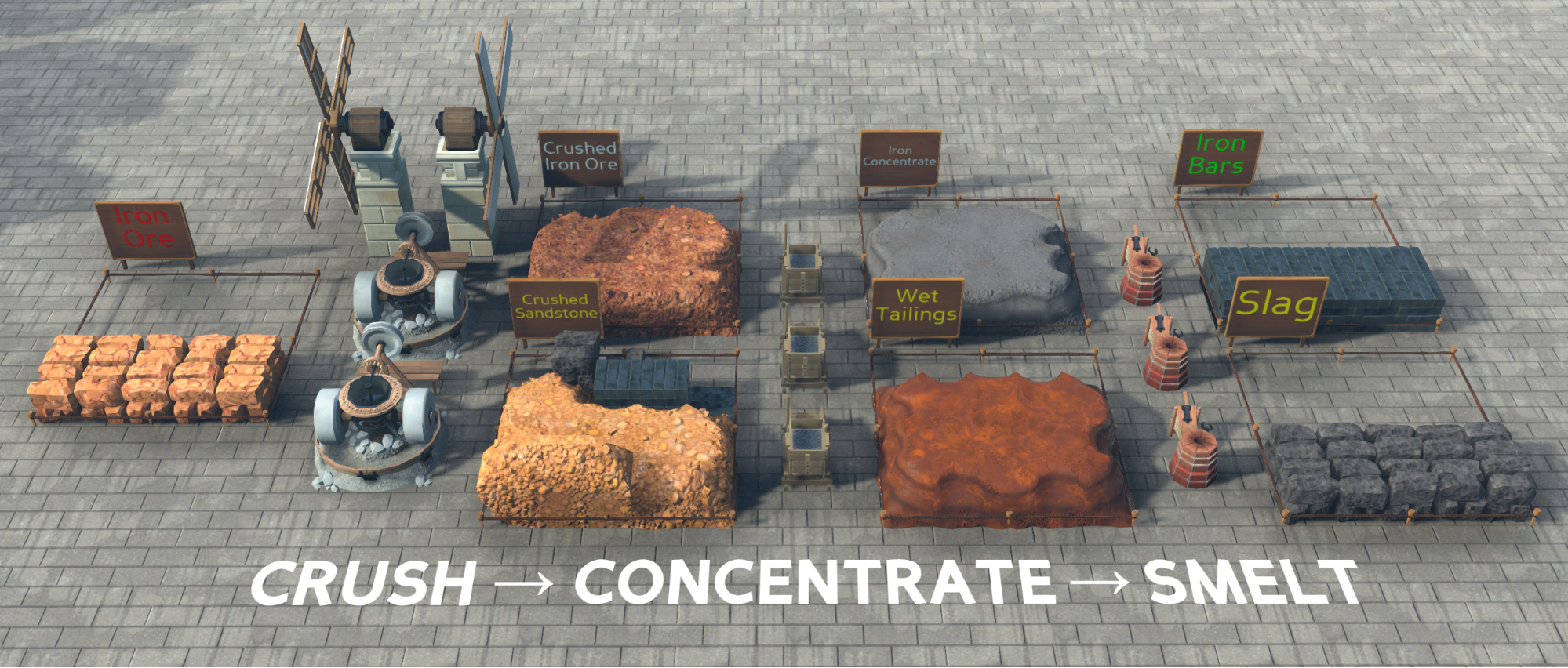
From left to right, [Iron Ore] embedded in sandstone from a mine goes through the [Arrastra] which crushes it, producing [Crushed Iron Ore] with [Crushed Sandstone] as a new byproduct. The [Crushed Iron Ore] can then be poured through a [Rocker Box] to concentrate it into [Iron Concentrate], with [Wet Tailings] coming out as a new byproduct. [Iron Concentrate] can then be smelted into [Iron Bars], with [Slag] as a new byproduct.
All the new byproducts have varying levels of usefulness, and will necessitate greater operations to store long term. Future updates to Eco will expand on uses for and effects of byproducts, for instance the potential to re-mine old tailings for more metals. For 9.0, crushed stone and other aggregate like crushed slag can always be used in roads and concrete production.
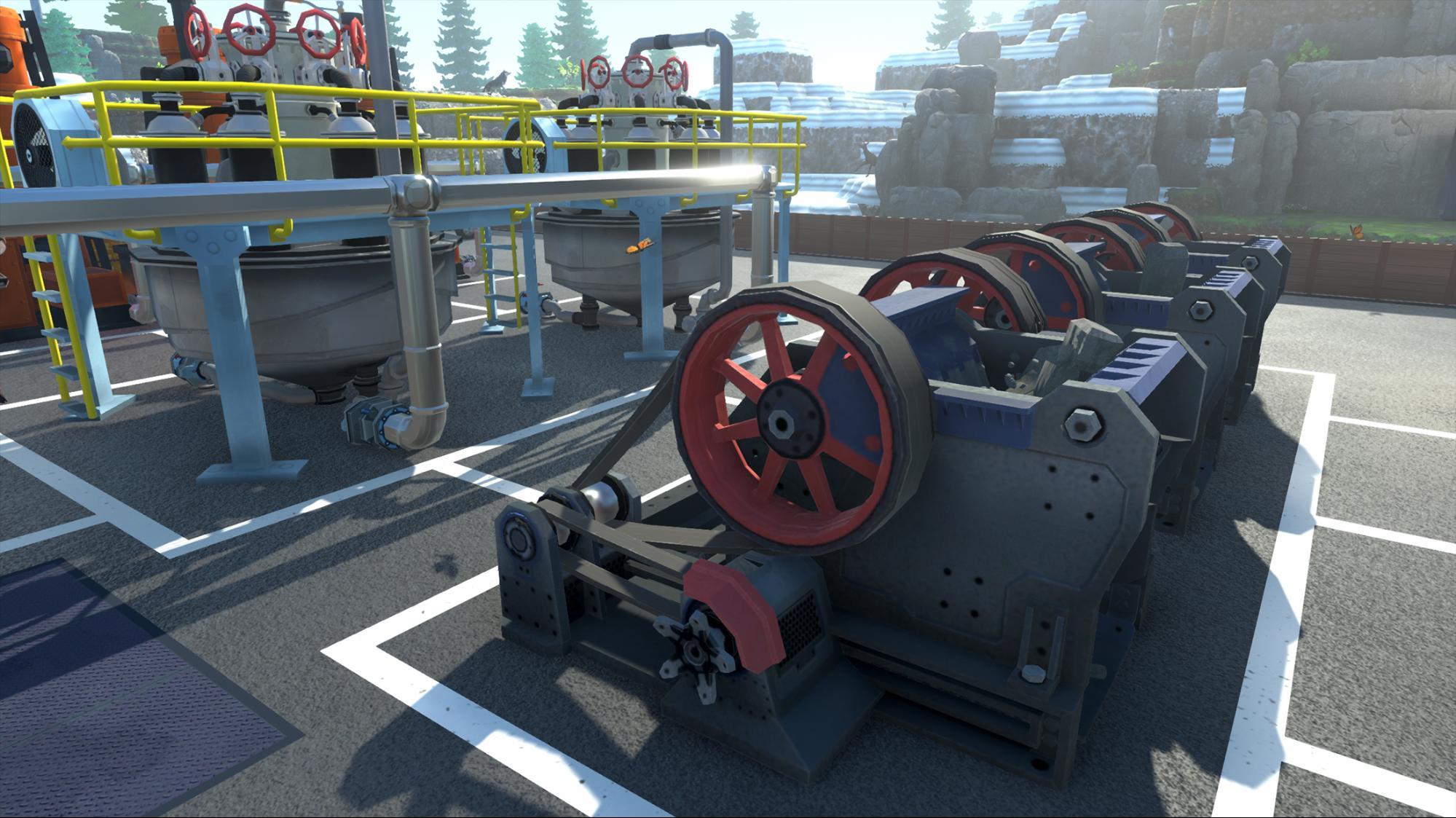
An array of advanced [Jaw Crusher] machines, chewing away at [Granite] and [Copper Ore] from a nearby Copper Mine. Froth Floatation Cells sit waiting to concentrate the crushed ore, on the left. Pipes feed the Froth Floatation Cells the water they need to function from a nearby river.
Different ores require different technologies to concentrate effectively. A simple way to think of different kinds of concentration is if they are wet or dry. Some ores like copper and gold need more chemicals and coaxing to separate and concentrate, necessitating a wet process.
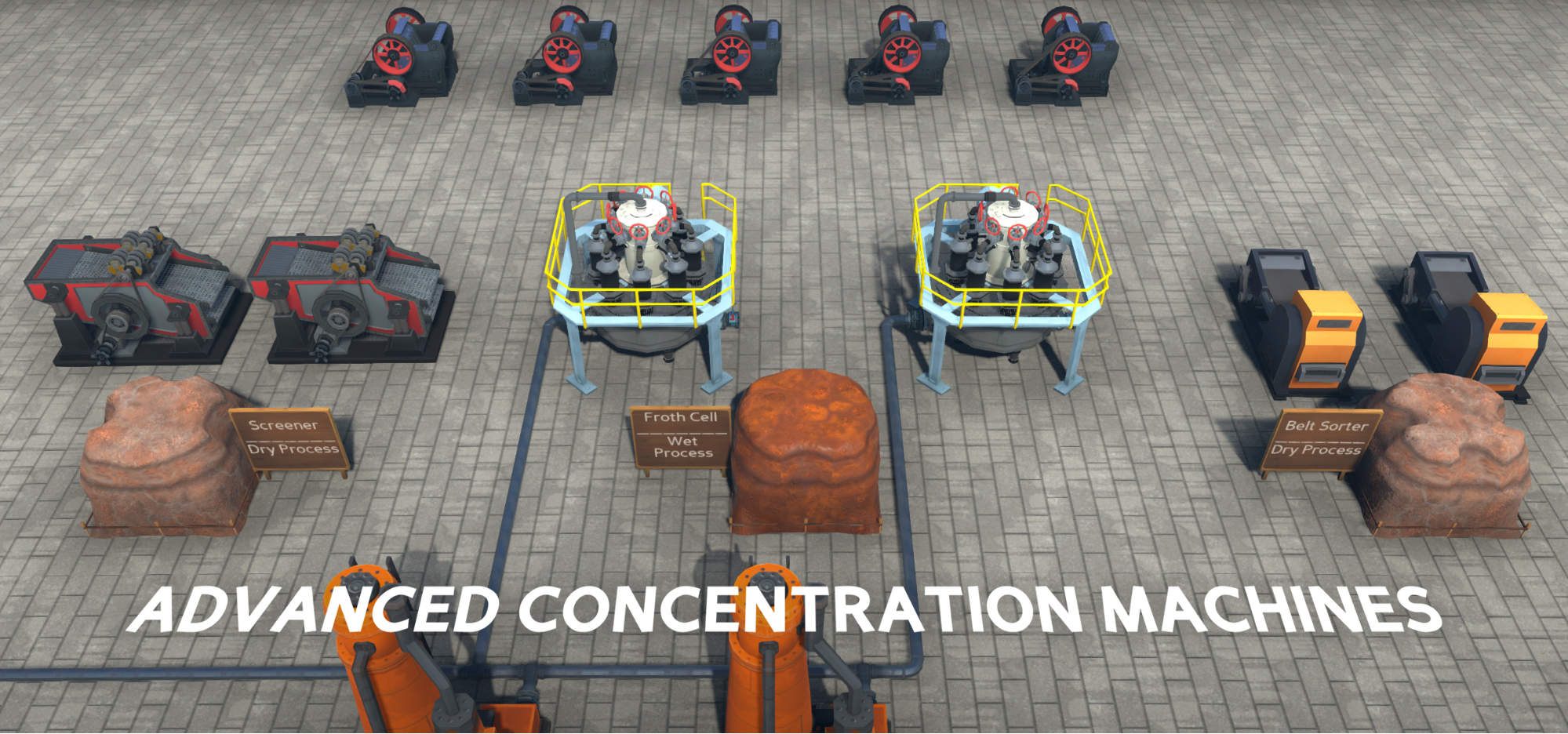
In this screenshot you can see an array of mid and end-game mineral processing technology: [Jaw Crushers] for crushing along the top, [Screening Machines], and [Sensor-based Belt Sorters] for dry concentration of iron ore, and [Froth Floatation Cells] for wet processing of all ore types in the middle. On the bottom you can see the tops of [Blast Furnaces], currently our mid and end game smelters.
A big difference between wet and dry concentration is in the byproduct produced. In 9.0 we are adding [Wet Tailings] to broadly represent the tailings produced by wet concentration processes. These tailings present a harder management problem, since they must be contained and prevented from leaking freely into their environment to avoid contamination of soils and water with freed heavy metals and residual chemicals from the processing. For now, this means they will act as a more potent pollutant in the environment and their storage must be taken more seriously. In future updates we will greatly flesh out the mechanics of tailings transport, storage, containment, and remediation or re-use. For instance, Wet Tailings will eventually be pipable, so that large mining operations can simply pipe their Wet Tailings into a nearby containment structure.
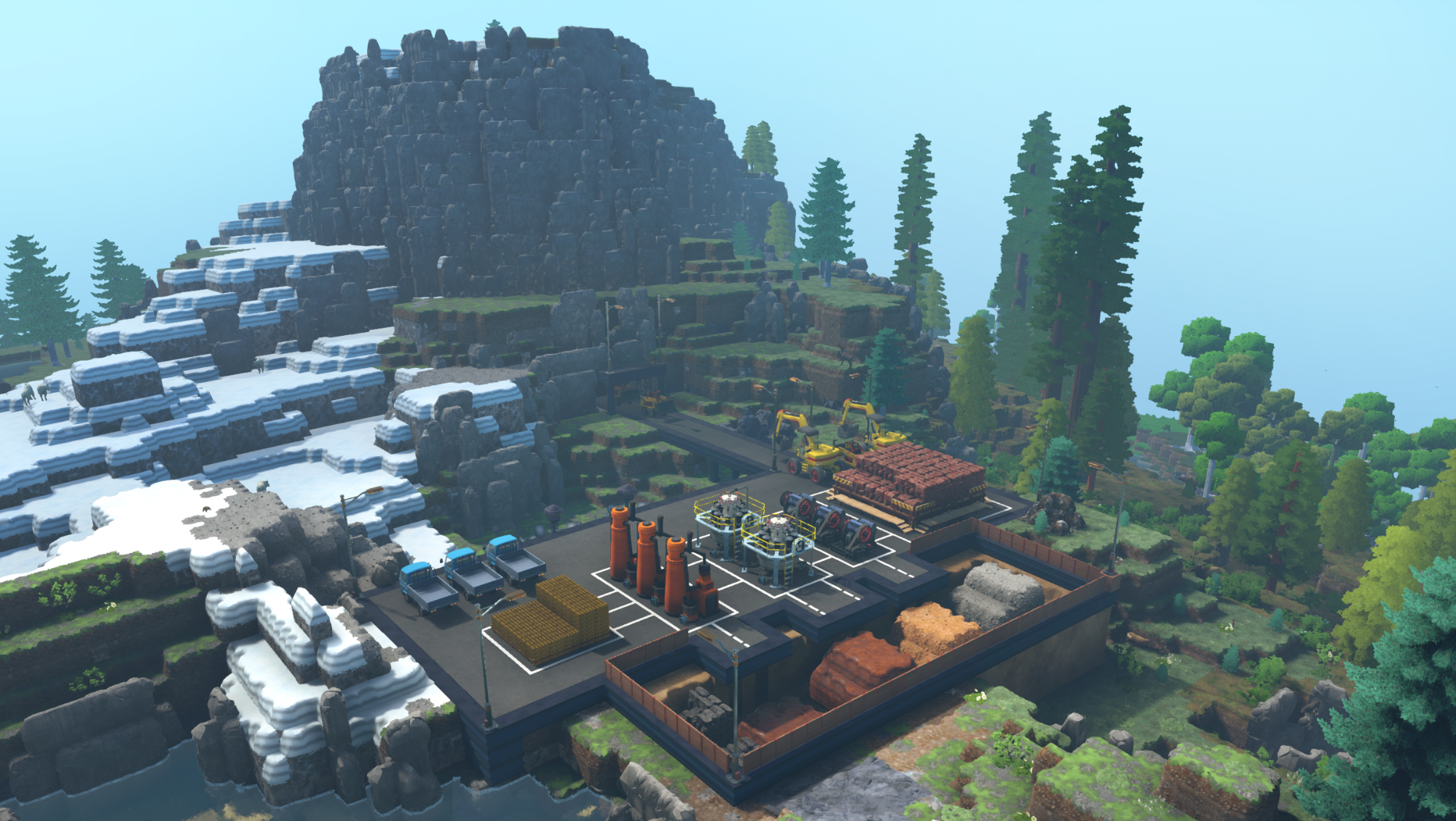
As we upgrade and deepen the systems in Eco that revolve around extracting and using all types of earth resources, we know there will be lots of balancing and updates needed to make it a satisfying part of the experience-- especially because not many games try to simulate these aspects of the economy and extractive industries! We welcome your feedback as we go, and hope youll look forward with us towards an expanding exploration of earth resources, their role in our economy, and their impact on the world.
I'll be covering the contents of this blog in our next livestream this Friday at 11:30am (11:30) PDT / 8:30pm (20:30) CEST, drop by and feel free to ask questions!
- Keegan O'Rourke, Lead Artist, Eco
Minimum Setup
- Processor: Intel Dual-Core 2.4 GHz or AMD Dual-Core Athlon 2.5 GHzMemory: 2 GB RAM
- Memory: 2 GB RAM
- Graphics: NVIDIA GeForce GT 440 or AMD Radeon HD 5850 or Intel HD Graphics 4000 with 512 MBNetwork: Broadband Internet connection
- Storage: 2 GB available space
Recommended Setup
- Processor: Intel Core i5-2300 or AMD Phenom II X4 940 or betterMemory: 4 GB RAM
- Graphics: NVIDIA GeForce GTX 570 or AMD Radeon HD 7750 with 1 GB VRAM or betterNetwork: Broadband Internet connection
- Storage: 2 GB available space
[ 6365 ]
[ 6598 ]
[ 3185 ]
[ 2507 ]
[ 1655 ]
[ 1040 ]
[ 32822 ]
[ 883 ]
[ 45610 ]
[ 6040 ]

